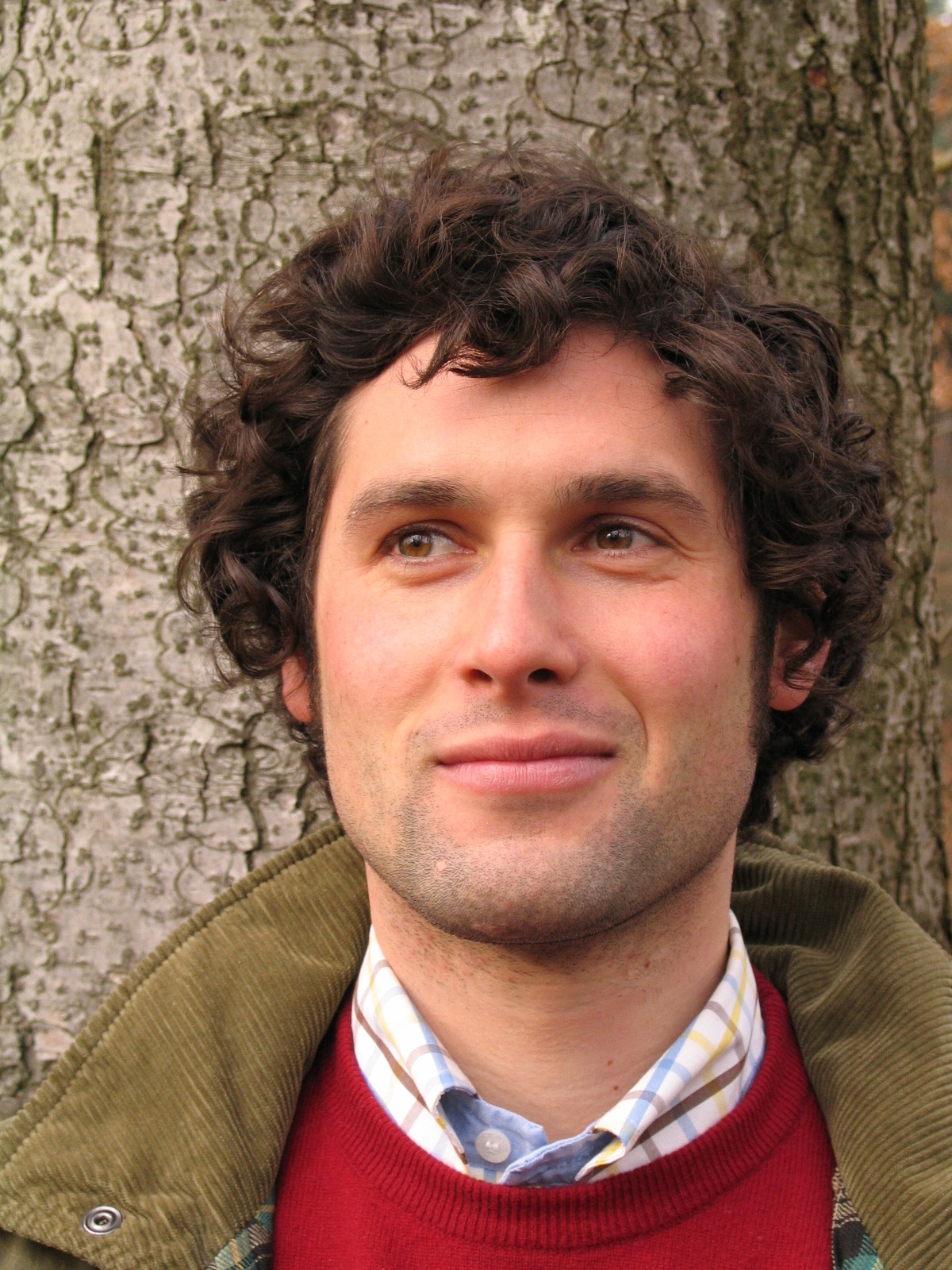I am attending the international workshop ‘Mediterranean Holocene Climate and Human Societies’ at the Navarino Environmental Observatory (NEO) in Messina, Greece, from April 23-25, 2014.
During these days, we will mainly apply an interdisciplinary, two-fold approach: a paleoclimatic perspective addressing the events, severity, rate and duration of past climatic changes, and an archaeological-historical view on the dynamics of past societies. We aim at a better knowledge of both the drivers behind climate system and behind the coupled society-climate system including its ensuing response and adaptation, in order to understand human capability in readjusting into a changing environment. Further aim is to identify strategies for acquiring the information needed to progress our understanding of the global/Mediterranean climate linkages and their interaction with human societies. This may include recommendations for an integrated research effort on the Holocene Mediterranean climate-human societies system, targeting on data production from multiple proxy records in key-regions and at key-periods and the development of new modelling approaches to optimize interpretation of paleodata, reduce uncertainties and develop an integrated data/model approach to describe the evolution of human societies in response to climate and environmental changes.
These challenges appear particularly important since, Holocene climate revealed notable changes in the Mediterranean region, which also bears a long history of human society dynamics, making it a suitable site to explore interactions between climate, environment and human activity over a variety of time scales. However, data documenting climate events as well as the human history are still ambiguous to ascertain firm links between large-scale atmospheric circulation, regional climate changes and local human society evolution.


